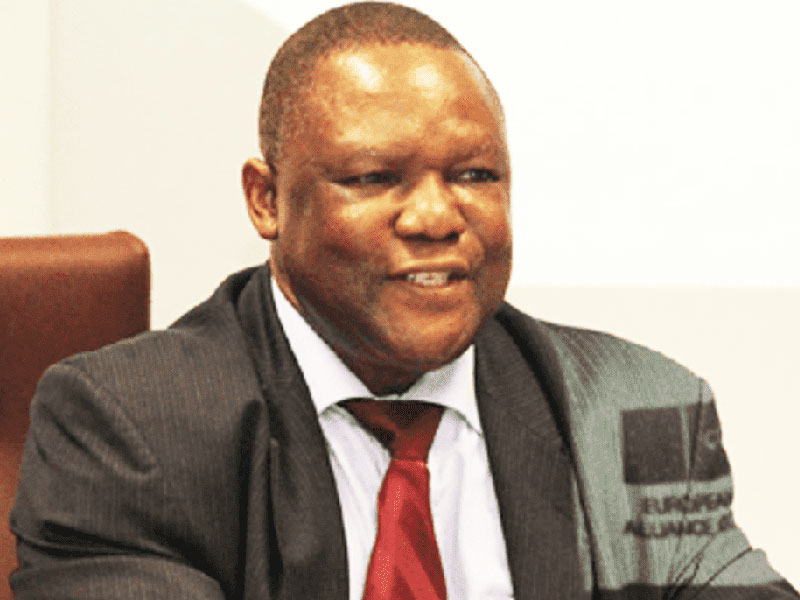The Debt Management Office (DMO) has debunked a recent statement reportedly made by. Obadiah Mailafiya, a former deputy governor of the Central Bank of Nigeria (CBN), to the effect that the All Progressives Congress (APC) administration under President Muhammadu Buhari inherited a debt stock of less than $7 billion in 2015, which according to him, now stands at $84 billion.
In a statement issued yesterday, the DMO said the purported claim was totally incorrect and not supported by public debt data that is readily available on its website
“Contrary to the claim by Obadiah Mailafiya, the total public debt stock as at June 30, 2015, (shortly after the current administration came into office), was $63.81 billion, and not $7.0 billion as claimed by Obadiah.
“Similarly, the nominal increase in the public debt stock between June 30, 2015 ($63.81 billion) and June 30, 2019 ($83.88 billion), was about $20.0 billion, which is a far cry from the gross misrepresentation made at the live programme on Channels that the public debt stock increased by $77.0 billion during this period,” the statement said
The DMO stated that it considered it expedient at this time, in the interest of the general public to make some clarifications regarding Nigeria’s public debt.
According to the agency, the public debt stock data published by it comprises debt of the Federal Government of Nigeria (FGN), the 36 states of the federation and the Federal Capital Territory (FCT), adding that it is therefore, erroneous to attribute the growth in the public debt stock to borrowings by the FGN only.
It also noted that while the public debt stock has increased, the increase is well guided by the objectives of the Economic Recovery and Growth Plan (ERGP) and the Medium-Term Debt Management Strategy, 2016– 2019, stressing that new Borrowing was included as one of the strategies in the ERGP to be deployed in the near term, to stimulate economic growth and job creation.
“With the deployment of more funds into capital projects, the borrowings contributed to job creation and the recovery from economic recession in June 2017. The introduction of project-tied financing products (Sukuk and Green Bonds) in the second half of 2017 as part of the new borrowing also supported infrastructural development.
The debt management agency also stated that by international benchmarks, Nigeria’s total public debt relative to the Gross Domestic Product (GDP) is sustainable at 18.99 per cent of Gross Domestic Product (GDP) as at June 30, 2019.
“However, the government recognises that the ratio of its debt service to revenue is rather high, a situation that is directly attributable to Nigeria’s low Revenues. This is clearly evident from the Tax-to-GDP ratio of 6% in 2018. It is for this reason, that the FGN has developed and is implementing a number of strategies to enhance the Government’s Revenues significantly.









